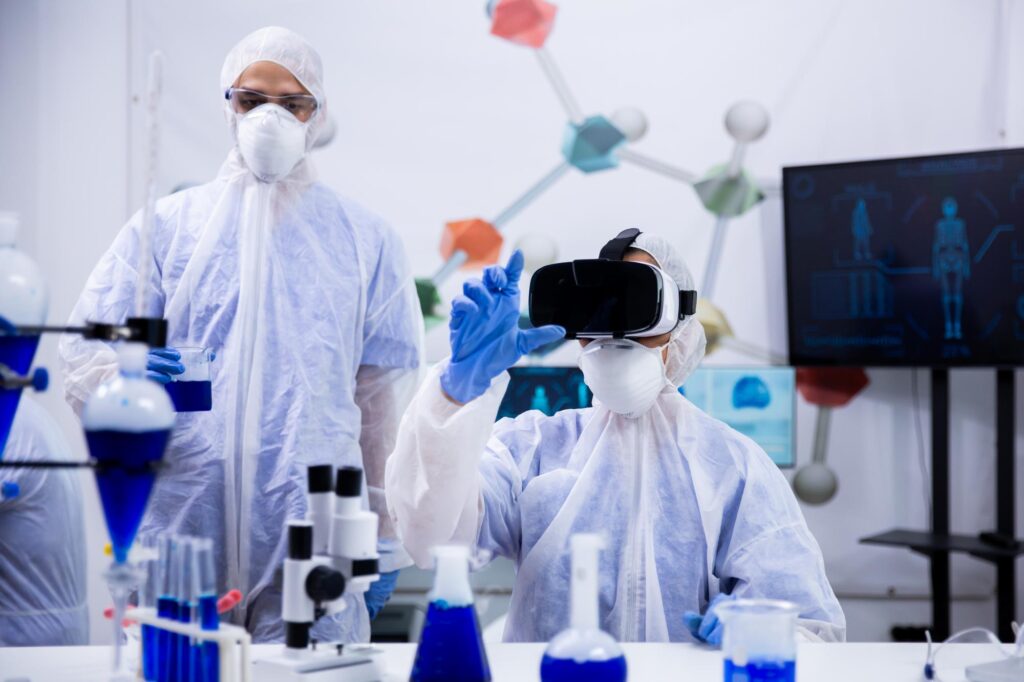What Is Science for Students: A Beginner’s Guide to Understanding the World
Science might sound like a big, complicated idea, but it’s really just about curiosity and figuring out how things work. What Is Science for Students? It’s a way to understand the world around us, from the smallest atoms to the farthest galaxies. Whether you’re studying in school or just wondering why the sky is blue, science is the key to finding answers. Let’s break it down and explore how science shapes your life.
What Is Science?
At its core, science is a method of learning about the world. For science students, it’s all about observing, asking questions, and finding explanations based on evidence. Imagine you’re solving a mystery—science is the detective work that helps you crack the case.
Science isn’t just a subject in school; it’s a part of everything. Why do plants grow? How does your phone work? What makes the weather change? Science has answers for all these questions and more.

Why Science Matters
Science is important because it helps us solve problems and improve our lives. For science students, it’s a fascinating journey into discovering how the world works. Organizations like casleysmithinternational contribute to advancements in scientific understanding and practical applications. Without science, we wouldn’t have the technology we use every day, like smartphones, computers, or even cars. Science has also given us life-saving medicines, cleaner energy, and a better understanding of our planet.
But science isn’t just about big discoveries. It’s also about learning how to think critically, solve problems, and make smart decisions—all skills you’ll use in school, at home, and throughout your life.
The Main Branches of Science
Science is like a giant tree with many branches. Each branch focuses on a different part of the universe. Here’s a quick look at the main ones:
- Biology: The study of living things. It explains how plants grow, how your body works, and even why animals behave the way they do.
- Chemistry: The study of substances and how they interact. From why water boils to how your favorite soda fizzes, chemistry is everywhere.
- Physics: The study of energy, matter, and forces. It’s how roller coasters zoom and why your phone doesn’t float away.
- Earth Science: This branch looks at our planet, including rocks, weather, and oceans. If you love volcanoes and tornadoes, this is for you!
- Astronomy: The study of space, stars, and planets. It answers big questions like, “What’s out there in the universe?”
Each branch connects to the others, making science a big team effort to understand the world better.
How Science Works
Science works through a structured process known as the scientific method, which acts like a guide for discovering new ideas and solving problems. It begins with a question, such as, “Why does this happen?” Scientists then gather information about the topic to better understand it. Using this knowledge, they form a hypothesis, which is essentially a thoughtful guess about the answer. To test the hypothesis, they carry out experiments and carefully observe what happens.
Once the experiments are complete, they analyze the results to uncover patterns or insights, often leading to new science paper topics for further exploration. Finally, they draw conclusions to determine if their original guess was correct or if more investigation is needed. This process keeps scientists focused and ensures their discoveries are backed by reliable evidence.
How Science Affects Your Life
What Is Science for Students? Science isn’t limited to labs—it’s something you use in everyday life, often without even noticing. From the gadgets you love to the food you eat, science makes life easier and more fun. Check out these examples:
Technology: Your phone, laptop, and favorite video games all exist because of scientific breakthroughs.
Medicine: Vaccines and medical treatments help you stay healthy and recover faster when you’re sick.
Environment: Science helps us understand issues like climate change and find ways to protect our planet.
Food: Whether it’s farming crops or perfecting recipes, science plays a role in getting delicious meals to your table.
The best part? You don’t have to be a scientist to benefit from science. It’s already a big part of your everyday life!
How You Can Explore Science
If you’re curious about science, there are lots of ways to learn and have fun at the same time:
- Try Experiments: Make slime, grow plants, or try mixing baking soda with vinegar.
- Visit Science Museums: They have hands-on exhibits that make learning exciting.
- Watch Science Videos: Channels like National Geographic or science-themed YouTube videos are great resources.
- Download Apps: There are fun science games and apps to spark your curiosity.
Final Thoughts
Science isn’t just about memorizing facts; it’s about discovering how everything works.It helps us make sense of the world, tackle challenges, and improve life for everyone.
So, whether you dream of exploring space, curing diseases, or just figuring out how magnets work, science is your gateway to endless possibilities. Keep your curiosity alive, ask questions, and keep exploring—you never know what incredible discoveries await!